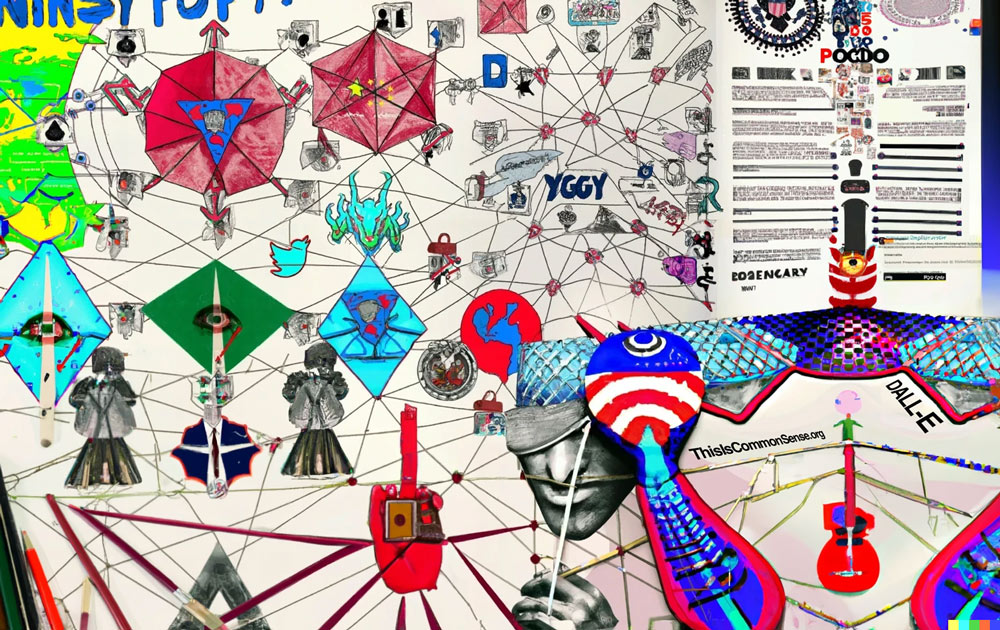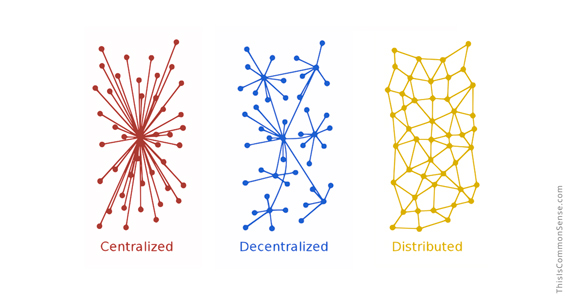I don’t usually comment on fashion. But at a recent show in Paris, this rather famous rapper who calls himself Ye but who used to call himself Kanye West sported newly designed black-and-white T‑shirts with the slogan “White Lives Matter” on the back. Squarely in the territory of ideological fashion, I can comment without too much embarrassment.
There was some furor.
It is unfashionable, politically, for anyone — even a black man, or especially a famous black man — to admit the obvious truth that “White Lives Matter.”
It appears that chic faux-lib’rals regard the slogan “Black Lives Matter” as some sort of trademark that precludes extension to other races. Only people of color may use an “X Lives Matter” kind of branding.
Idiotic. And racist. But ABC News laid out the case as if it were clearly established truth: “The [White Lives Matter] phrase has been described by the Anti-Defamation League and Southern Poverty Law Center as a white supremacist hate slogan that originated in 2015 as a racist response to the civil rights movement Black Lives Matter.”
And yet a statement like “White Lives Matter” or “Human Lives Matter” can only be hate speech if you think one usage defines words forever.
Which of course is precisely what some are trying to establish here.
Why? Well, the better to engage in angry, hateful ideological pseudo-discourse: shaming; marginalizing; de-humanizing.
Ye also posed with Candace Owens, a conservative commentator for The Daily Wire, wearing those shirts, and that, too, really annoyed people.
Not that it should. Ye was once married to a white woman, and Candace is married to a white man. They are making a commonsense point here: if you can’t say your spouse matters, what kind of spouse are you? And if you cannot extrapolate that mattering principle more generally, what kind of human are you?
This is Common Sense. I’m Paul Jacob.
Illustration created with DALL‑E
—
See all recent commentary
(simplified and organized)




